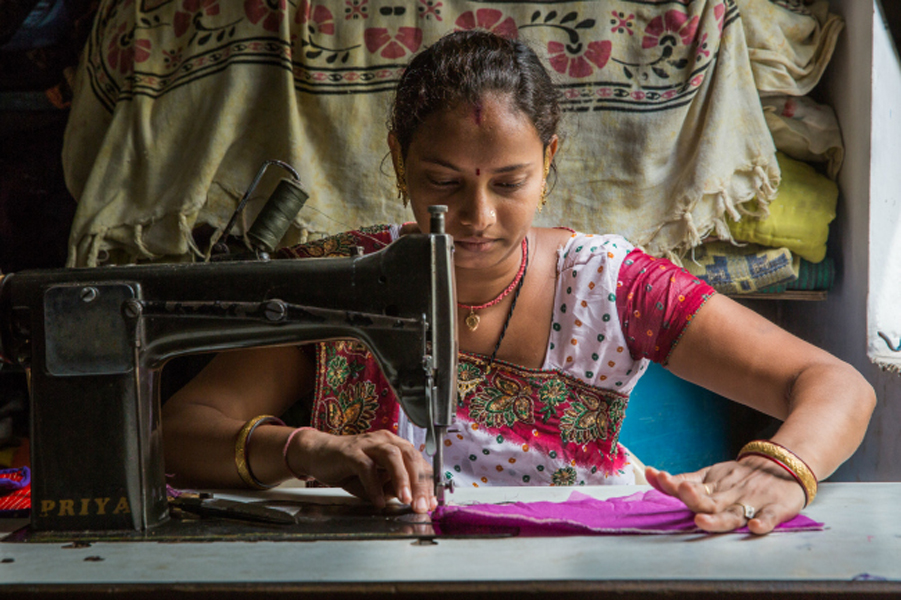Poverty trap in Mexico, 1992-2016
By Eduardo Loría The paper aims to prove that between 1992 and 2016, people in poverty as a proportion of the total population has not been reduced. In particular, food poverty (FP) represented an average of 22%, despite the fact that gross domestic product (GDP) per capita and GDP, social development expenditure and food programme expenditure (both as GDP proportion) grew by 0.96%, 1.9%, 2.7% and −17.4% on an annual average, respectively. Design/methodology/approach There are non-linear relationships between...






